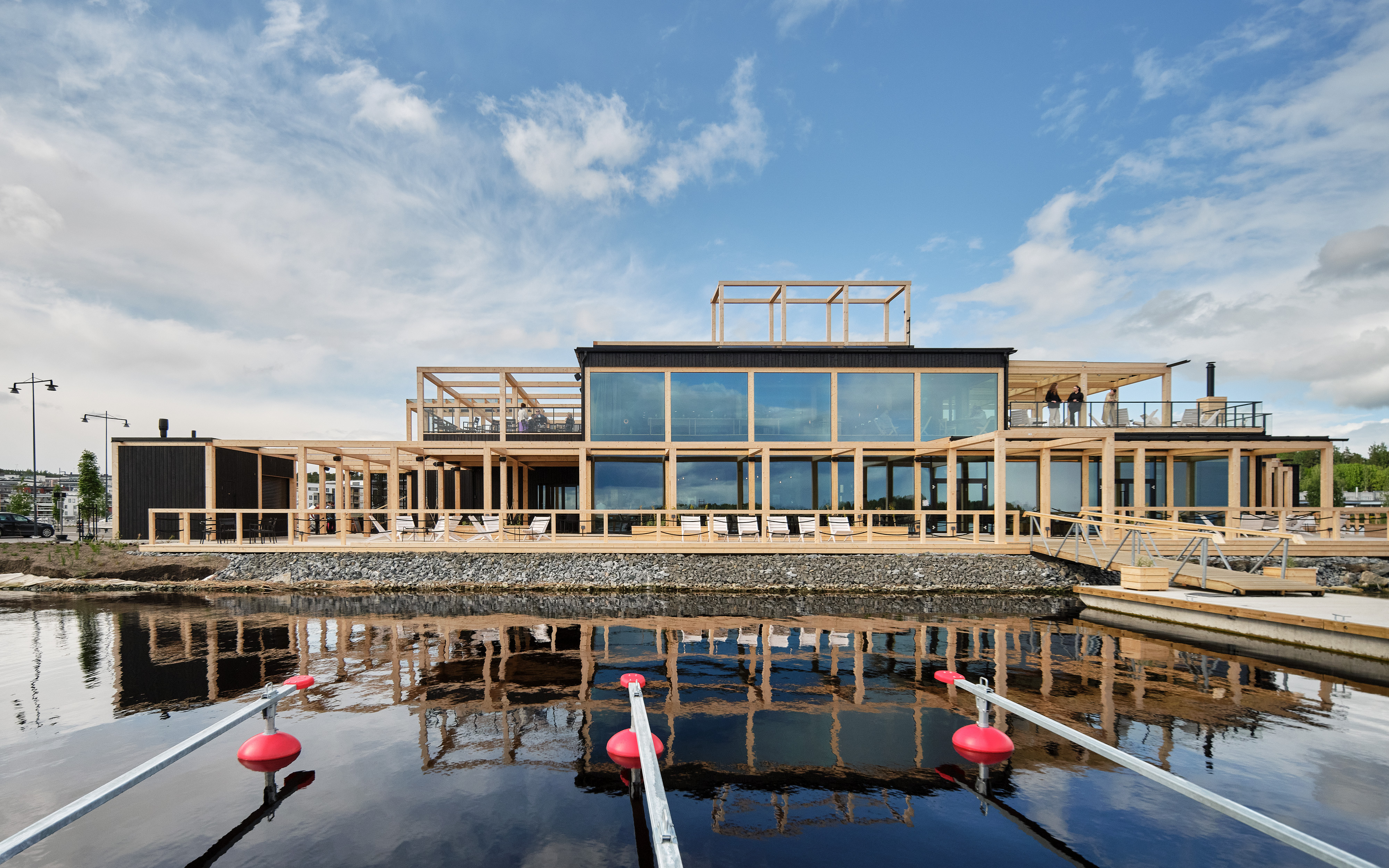
‘Wellness' is the buzzword of the moment, and its subgenre, 'wellness architecture', is popping up everywhere too; but what do they mean exactly? Is wellness about connecting with nature in ways that amplify relaxation and harmony? Does it mean embracing clean living and a back-to-basics simplicity? Or is it about building resilience and breaking through your comfort zone? It can be all three, but given that studies show that we spend 90 per cent of our time indoors, buildings have a significant impact on our health and wellbeing, and architects are considering all options in their designs of offices, schools, hotels and hospitals.
‘The role that mental health and wellbeing at the workplace play in our welfare are now better appreciated than before,’ says Italian architect Mario Cucinella. ‘It’s about finding the right balance to live in harmony with the planet and ourselves.’ Cucinella is one of many architects tuning into biophilic design and incorporating natural elements into his schemes which range from high-rise housing in Rome and Vienna that burst with greenery, to hospitals and offices. ‘The way we occupy the earth through our buildings is critical in this equation,’ he adds.
To this end, medical spas and luxury hotels are emphasising nature and the outdoors, adding guided forest walks, ice bathing and wild swimming to the mix – and a raft of cabin builders have never been so busy, as we equate wellness with retreating into the woods. ‘Natural materials, spaces that are connected to nature and that enable people to feel part of a community are all important,’ says Mikko Jakonen of Finnish architects Puisto, whose retirement homes are designed to be places that are tempting to move into, rather than being ‘a last resort’. Old-fashioned remedies such as fresh air, peace and quiet, and a good night’s sleep have never been so popular.
Wellness architecture: trend-setting case studies
Piamio Sanatorium, Finland
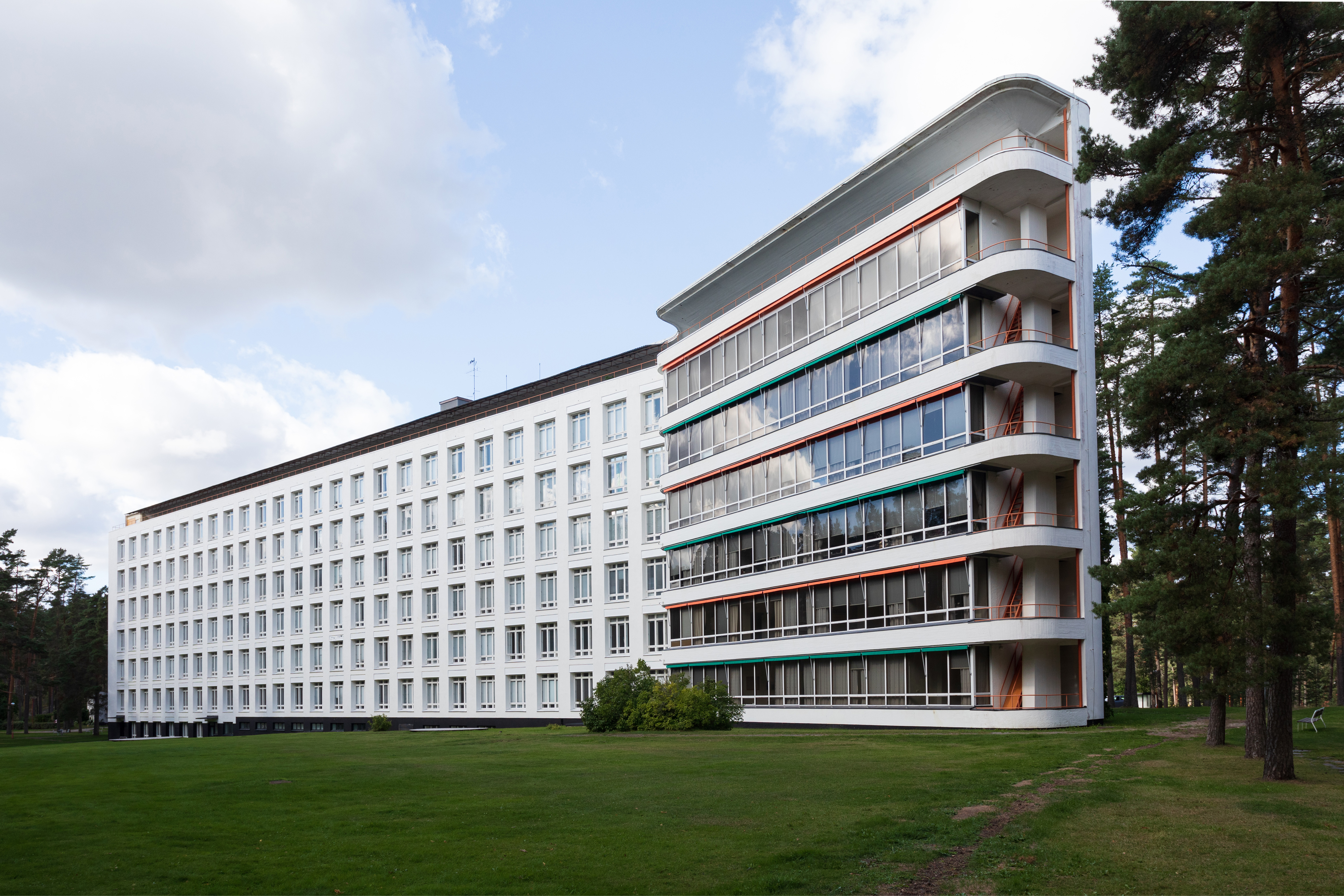
Recently, the legendary piece of Finnish modernist architecture that is Piamio opened a handful of its rooms to overnight guests. In keeping with Alvar Aalto’s vision for his landmark sanitorium, built in 1932 as a tuberculosis clinic, the rooms have single beds and guests share communal bathrooms and eat homegrown food in the canteen. The rooms are the first stage of a renovation that will include a museum, event and exhibition space, and a further 140 rooms. It was a groundbreaking project when it first opened and remains a key example of wellness architecture to this day.
New Hospital of Cremona, Italy
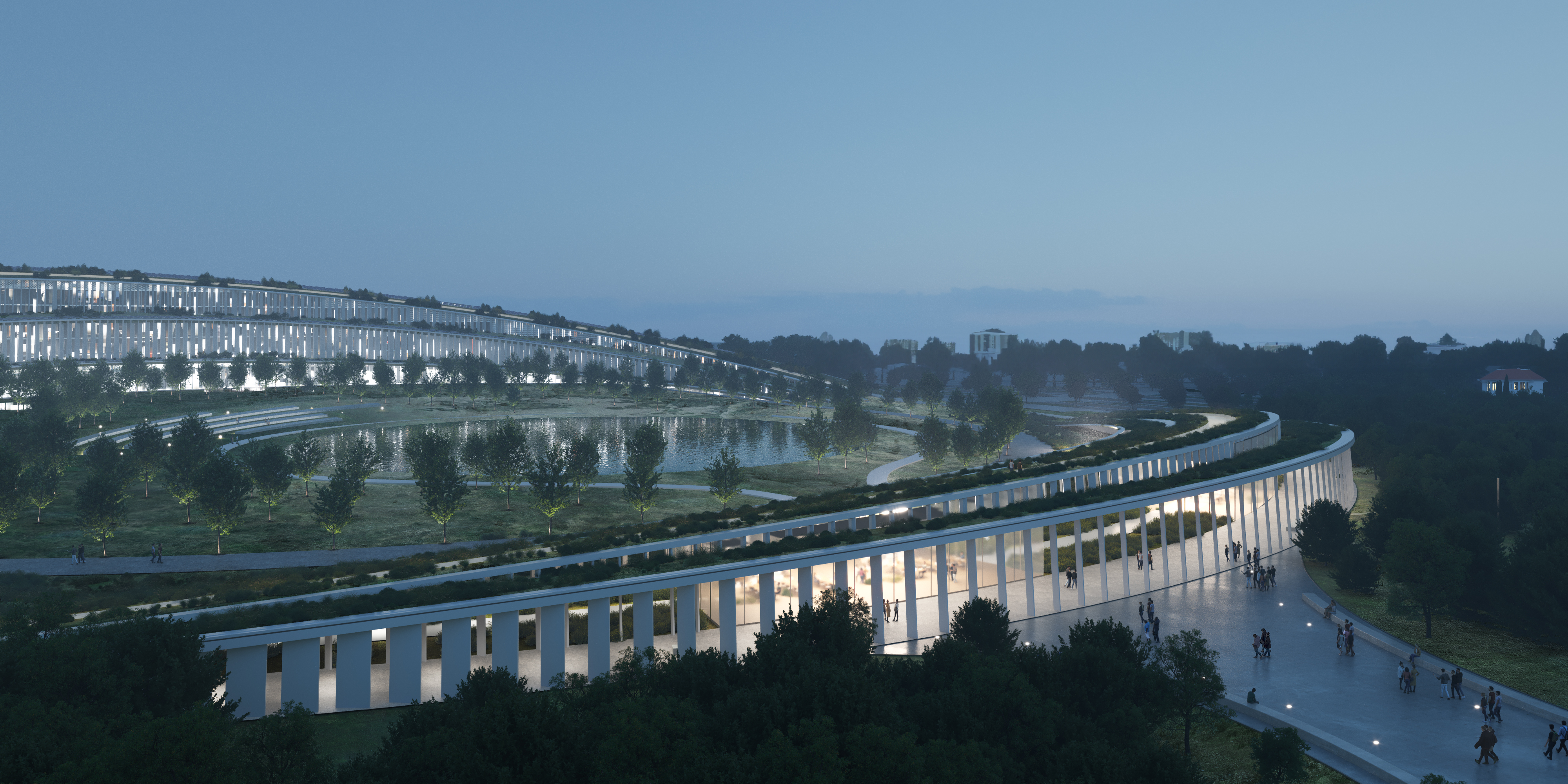
Ever since Florence Nightingale advocated natural light, ventilation and greenery in hospitals in the 19th century, these important spaces for healthcare and wellness have, more often than not, steadily deteriorated into over-lit, over-heated and even inhospitable places. But the New Hospital of Cremona near Milan changes tack. Featuring a health park, a library and short-term residences for patients and families, along with natural light, greenery and space for ever-evolving high-tech care, it ‘returns to the idea of the hospital as part of the life of the city’, says its creator, architect Mario Cucinella.
Luoto sauna restaurant, Finland
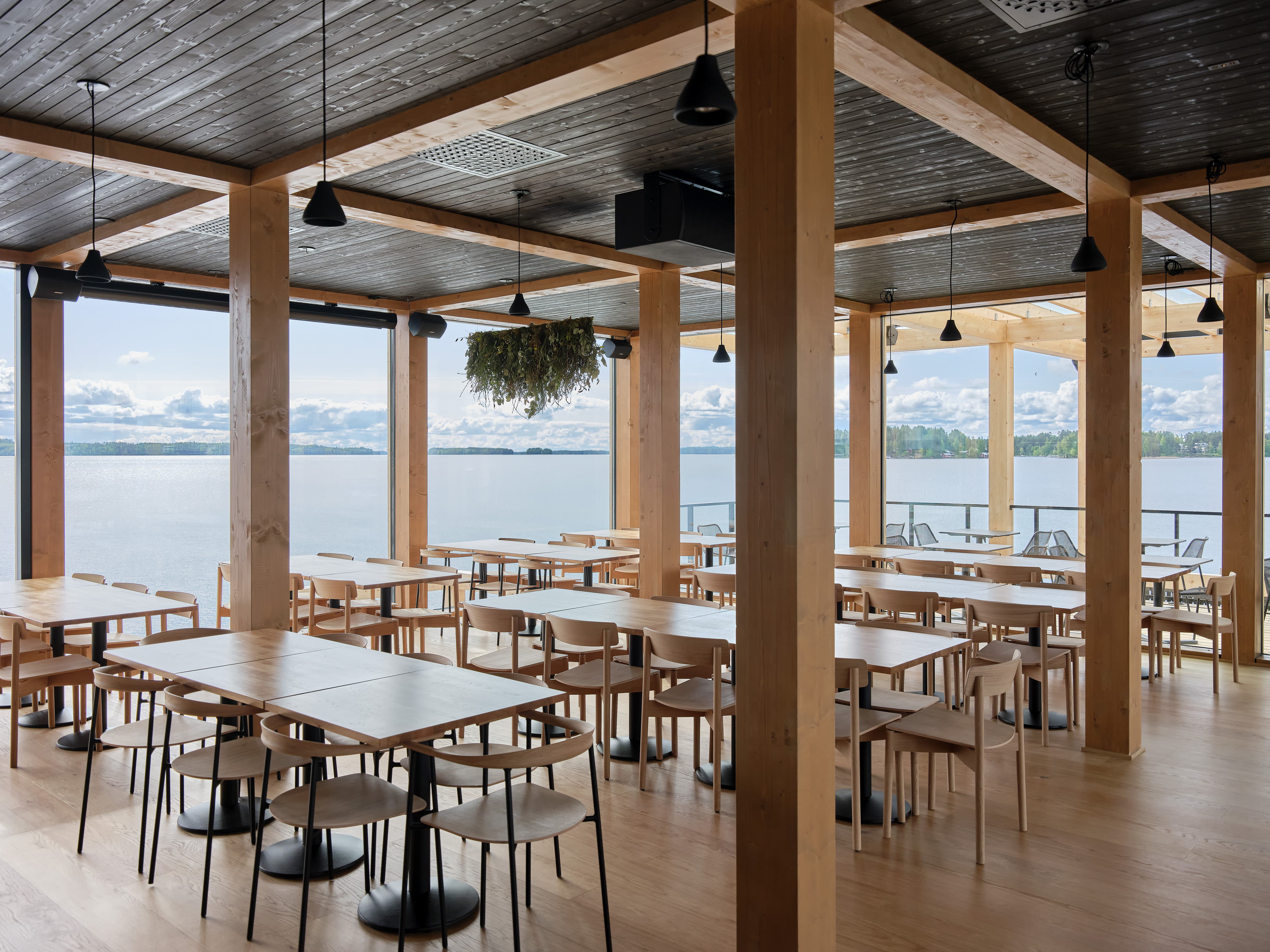
Sauna restaurants, where bathers go to heat, meet and eat, are something of a trend in Finland, thanks in part to Helsinki architects Puisto. The firm’s latest creation is Luoto, located on the shores of Lake Kallavesi in south-eastern Finland. Featuring two saunas, a yoga room, a restaurant and a panoramic terrace, access by foot, boat or bike is encouraged (space for cars is deliberately limited) and charred wood, dim lighting and rustic tables ‘avoid clinical aesthetics’.
Luotokuopio.fi; studiopuisto.fi
Out of the Valley, UK
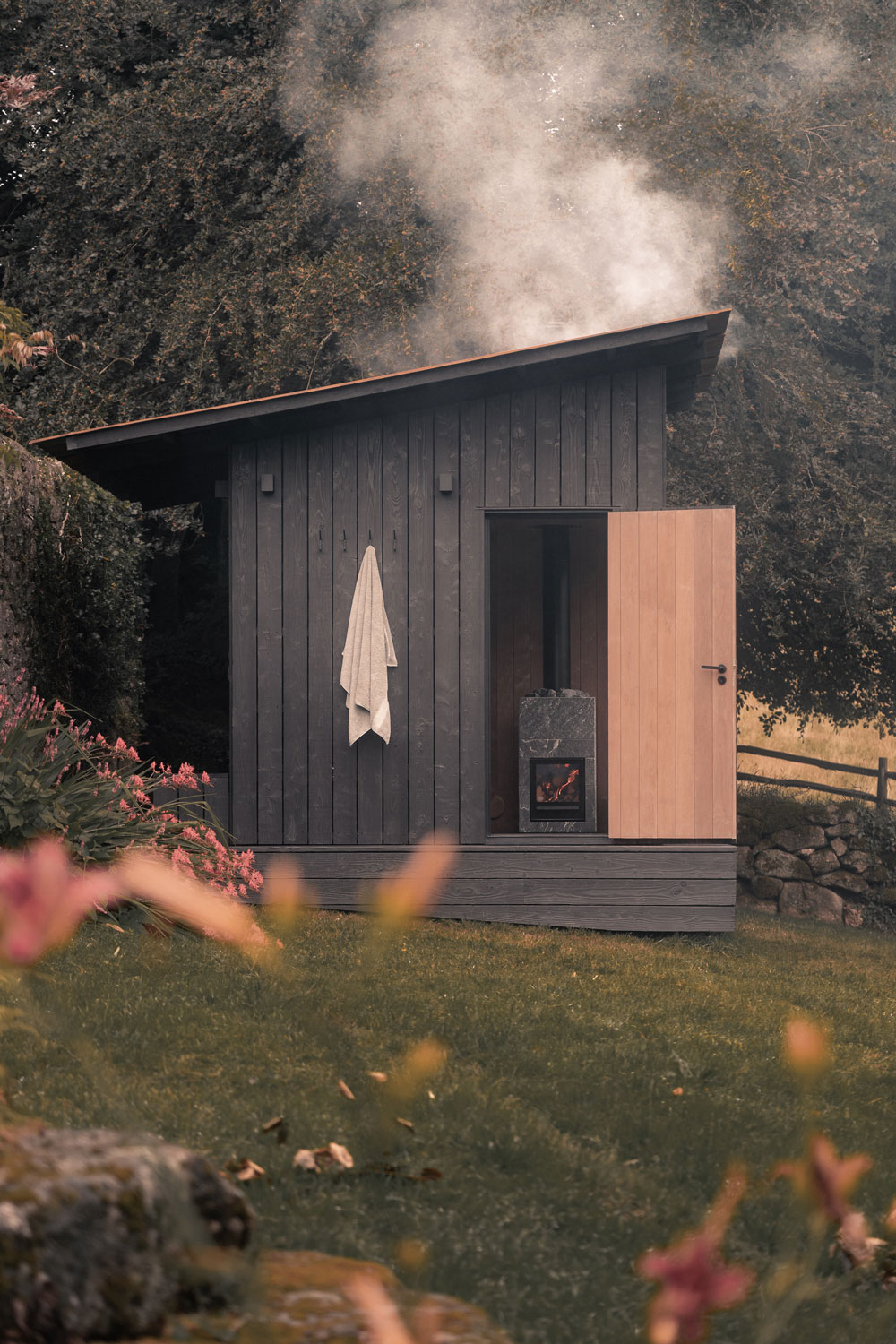
When Devon-based designer Rupert McKelvie built himself an off-grid cabin on Dartmoor and moved in, people liked it so much they commissioned him to build cabins for them too. Out of The Valley was born, catering to our increasing need for peace and seclusion, as well as immersion in nature. Since 2016, McKelvie has created nomadic shelters, furniture, cabins and saunas that allow skill, simplicity and natural surroundings to shine. The Jōki Elements Sauna, created in collaboration with Koto Design, is one of their latest product launches.
Six Senses Japan
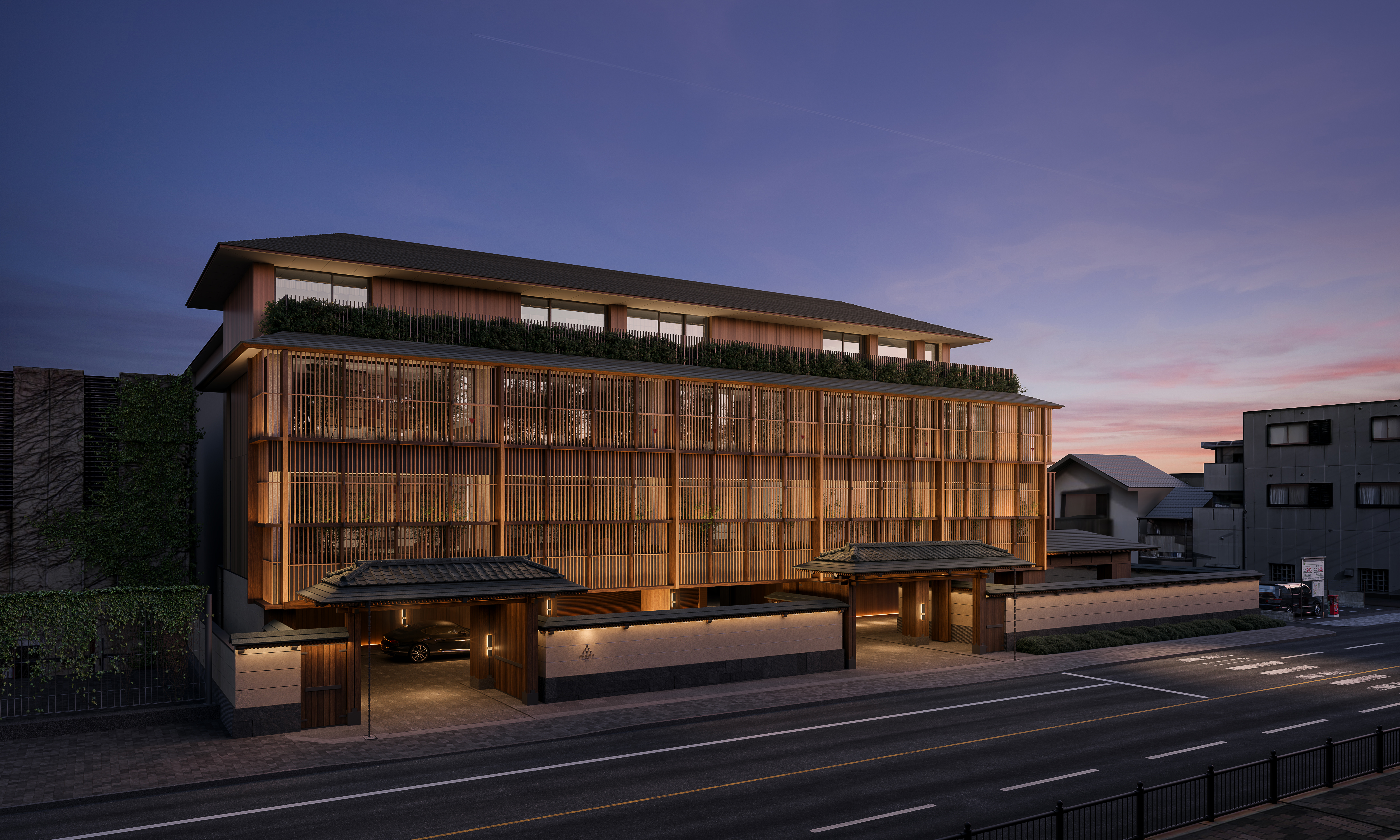
Six Senses lands in downtown Kyoto later in 2024 with an 81-room hotel that brings authentic Japanese décor, seasonal gardens, healing and bathing rituals and Zen culture into an aesthetically charming whole. It is the brand’s first opening in Japan, and in a city famous for its onsen (hot springs surrounded by traditional Japanese inns), the spa will be sure to deliver, bringing together old wisdom and traditions with 21st-century comforts and flair.
Therme Bucharest
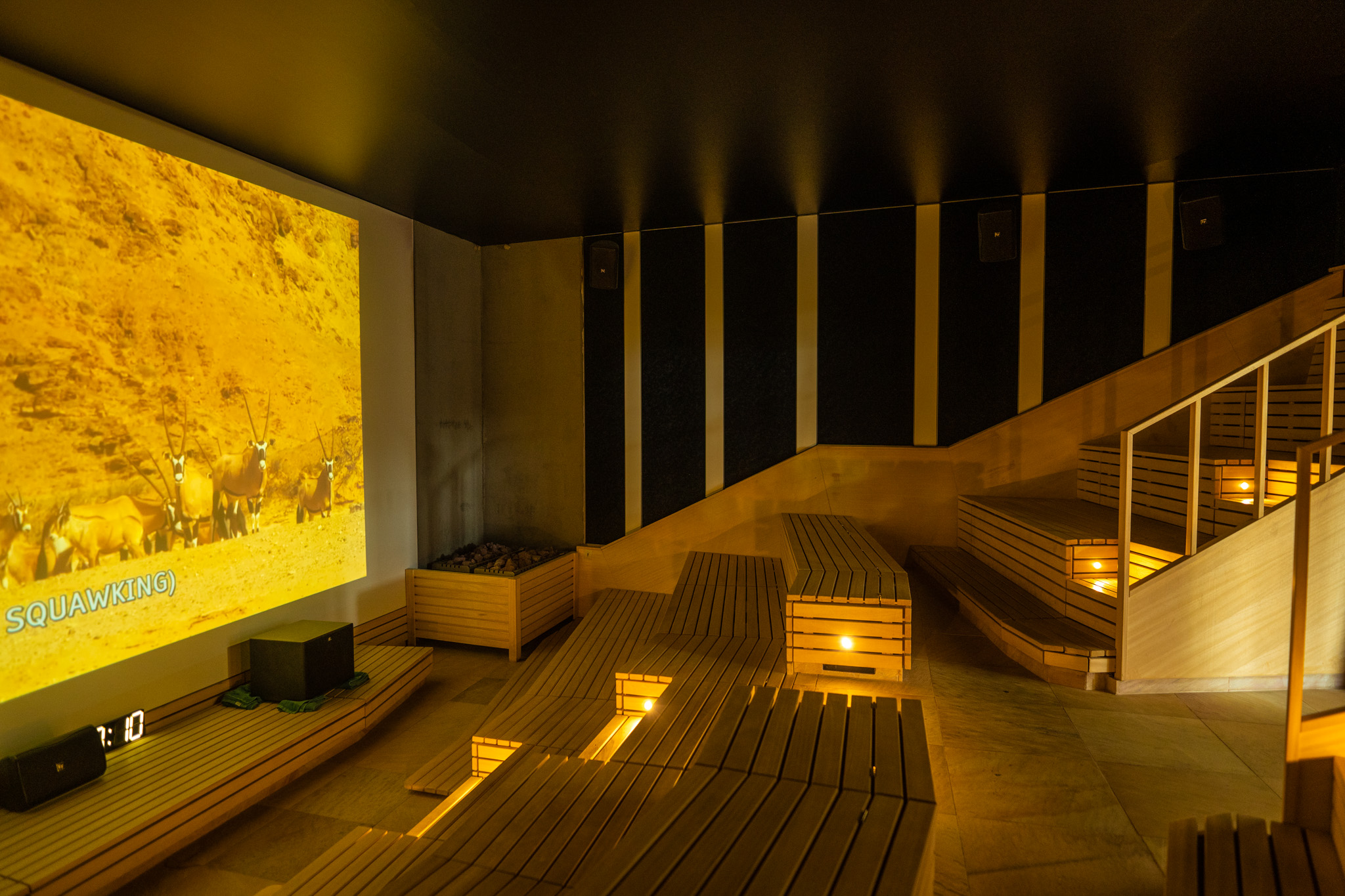
At its flagship spa in Bucharest, Therme’s slogan is ‘Wellbeing for All’ and with tickets starting at 14 euros, and facilities that stretch from onsen and hammans to swimming pools, treatments, and dining, it’s an accessible wellness world like no other. And so popular is the concept that it’s on the move; Therme has secured a site in Incheon City, South Korea, and begun construction of a £250m spa in Manchester, UK, that’s set to open in 2025.
Juno Vet, Canada
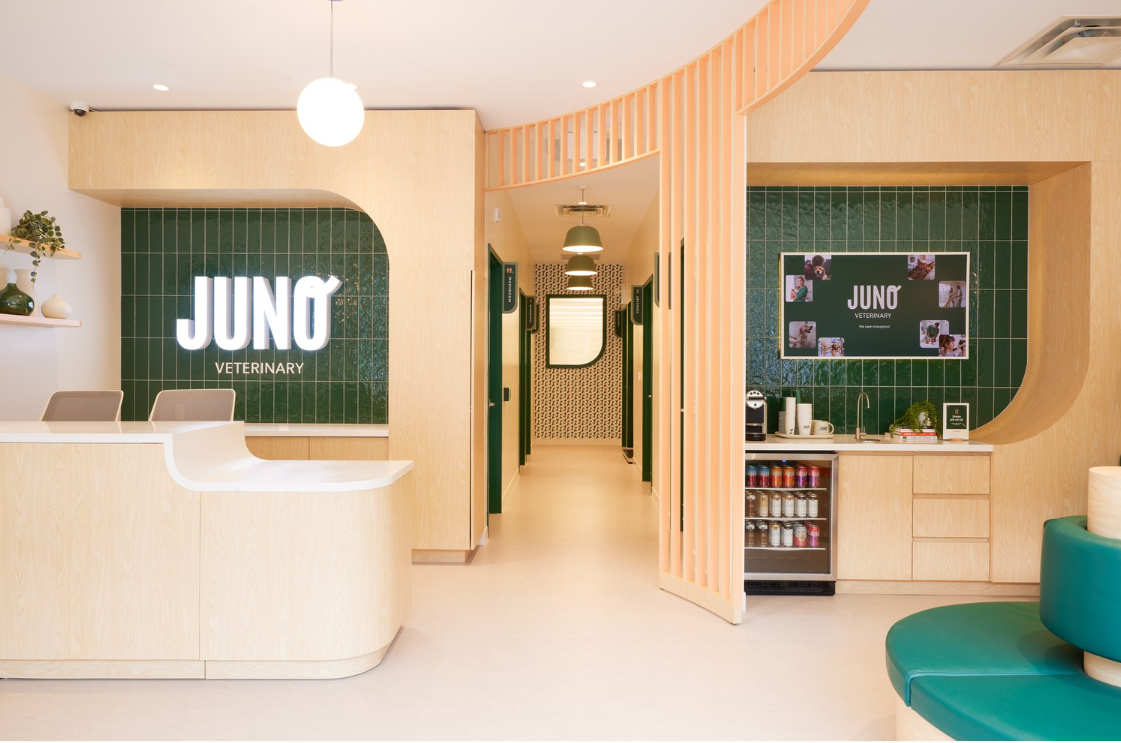
Our four-legged friends make us happy (just look at the queues at the capybara petting parks in Tokyo), and when they’re in distress, we feel it too. Which is why Alda Ly's ALA Studio wanted to create a vet clinic that feels reassuringly safe and soothing – so wellness architecture can work its wonders for our furry companions too. The Juno clinic in Toronto sends the message that pets, ‘pet parents’ and the staff who have to look after both are equally cared for and considered.







